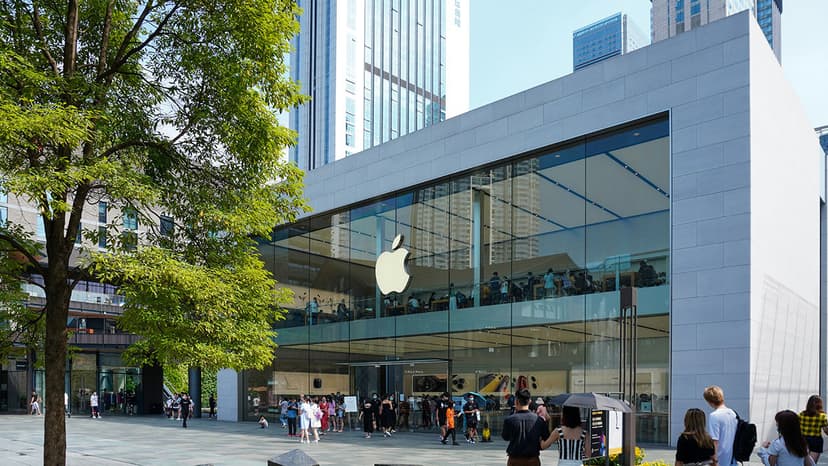Unpacking Greedflation: The Trend That's Impacting Wallets
Greedflation refers to when companies raise prices beyond necessary increases, claiming they are reacting to legitimate rising costs. This practice can lead to heightened costs for consumers without a justifiable reason.
What leads to this phenomenon? Economic disruptions, such as pandemics or supply chain issues, can genuinely raise production and transportation costs. This situation is known as inflation, where businesses may increase prices to offset their higher expenses.
Greedflation takes advantage of existing inflation. Companies may realize that consumers are accustomed to price increases and decide to add extra charges. This allows them to enhance their profits while consumers remain unaware. It’s similar to making excuses instead of owning up to poor choices.
Not all companies engage in this practice. Many are striving to remain viable. Still, when major players, such as large tech firms or retailers, raise prices excessively, they contribute to the problem. This behavior can erode consumer trust and complicate the overall economic situation.
Why does it matter to everyday consumers? Greedflation can affect the cost of essentials, from groceries to electronics. When companies inflate prices without equivalent salary increases, consumers are left to deal with tighter budgets.
The topic of greedflation is debated among economists. Some believe it's a natural outcome of market domination by few large companies that can dictate prices. Others rely on market competition to correct excessive pricing. Additionally, some argue that consumers will eventually shift their spending away from companies that engage in unfair practices.
While the extent of greedflation's impact remains uncertain, consumers can become more informed. They can monitor price changes, ask questions, and use their purchasing power to influence companies. Although individual efforts may not significantly impact large corporations, collective consumer choices can drive change.
Being mindful of greedflation encourages discussions about the values businesses should prioritize. Should consumers support companies that impose arbitrary price increases? Many might prefer companies that are transparent about their pricing and committed to fairness.
As consumers stay informed and skeptical, there is hope that the conversation around greedflation will diminish. Maintaining more of their earnings without falling victim to corporate greed can be a worthy outcome for consumers.
The economy is intricate, and greedflation represents just one aspect of it. With awareness and proactive measures, consumers can avoid letting this issue dominate their purchasing experiences.
Let’s remain vigilant, prepared, and hopeful for fairness in pricing. By holding companies accountable, consumers can encourage ethical practices in profit-making.












